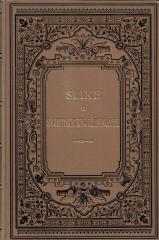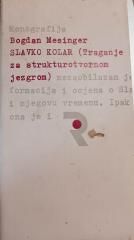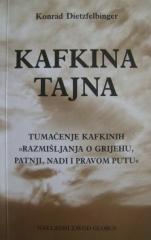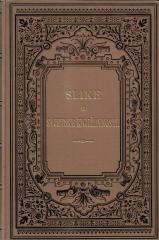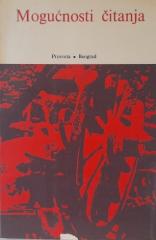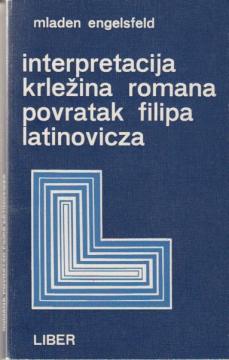
Interpretacija Krležina romana Povratak Filipa Latinovicza
The author approaches the work through the prism of archetypal criticism and sees it as a work that explores deep existential themes through an introspective narrative and symbolic structure, making it one of the key novels of Croatian modernist literatur
Engelsfeld points out that Filip's process of individuation is shaped by his antithetical view of the world, where rational and emotional, conscious and unconscious, are opposed. Filip's introspective search for himself leads him through an analysis of his own traumas, memories, and relationship with his mother, which symbolizes a deeper existential crisis.
The novel also deals with the issue of identity and belonging, where Filip's return represents an attempt to reconcile with his own past and cultural heritage. Engelsfeld connects this motif with themes present in Krleža's short stories, such as "Devil's Island", which explore similar problems of identity and the meaning of life.
Engelsfeld's analysis also emphasizes the symbolic dimension of the novel, where characters and events are interpreted as archetypal patterns that reflect universal human dilemmas. Filip's artistic crisis and inability to create become a metaphor for the broader spiritual and cultural crisis of modern man.
One copy is available
- Underlined in pencil
